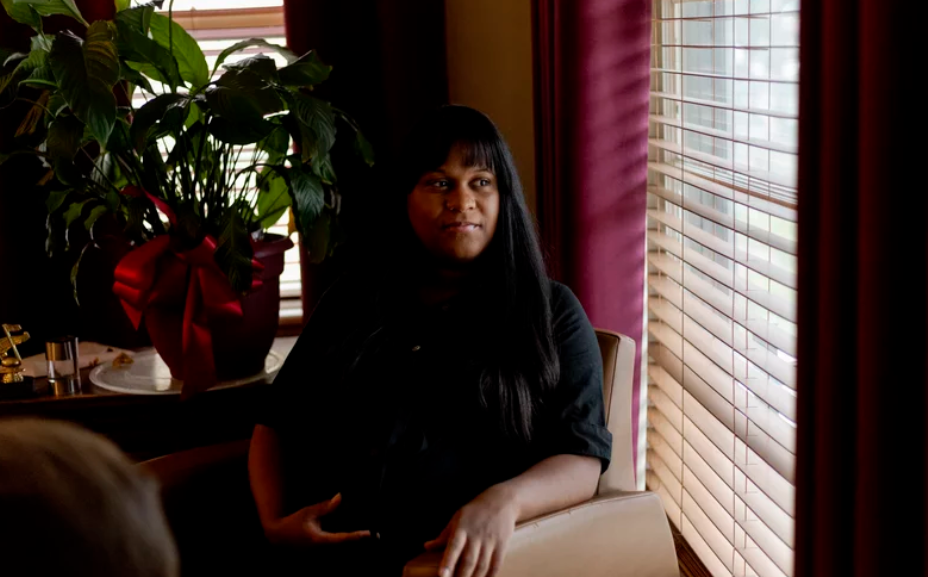From NPR comes Jennifer Ludden’s story on a newly instituted program in Flint, MI, that gives $500 a month to new mothers to help their children’s physical and mental health and their own:
“Flint, Mich., has one of the country’s highest rates of child poverty — something that got a lot of attention during the city’s lead water crisis a decade ago. And a pediatrician who helped expose that lead problem has now launched a first-of-its-kind move to tackle poverty: giving every new mother $7,500 in cash aid over a year. . . .
Flint’s new cash transfer program, Rx Kids, starts during pregnancy. The first payment is $1,500 to encourage prenatal care. After delivery, mothers will get $500 a month over the baby’s first year.
‘What happens in that first year of life can really portend your entire life course trajectory. Your brain literally doubles in size in the first 12 months,’ says Hanna-Attisha, who’s also a public health professor at Michigan State University.
A baby’s birth is also a peak time for poverty. Being pregnant can force women to cut back hours or even lose a job. Then comes the double whammy cost of child care.
Research has found that stress from childhood poverty can harm a person’s physical and mental health, brain development and performance in school. Infants and toddlers are more likely than older children to be put into foster care, for reasons that advocates say conflate neglect with poverty. . . .
Studies have found such payments reduce financial hardship and food insecurity and improve mental and physical health for both mothers and children.
The U.S. got a short-lived taste of that in 2021. Congress temporarily expanded the child tax credit, boosting payments and also sending them to the poorest families who had been excluded because they didn’t make enough to qualify for the credit. Research found that families mostly spent the money on basic needs. The bigger tax credit improved families’ finances and briefly cut the country’s child poverty rate nearly in half.”
Article → ***
***
More from Around the Web
More from Mad in the Family














